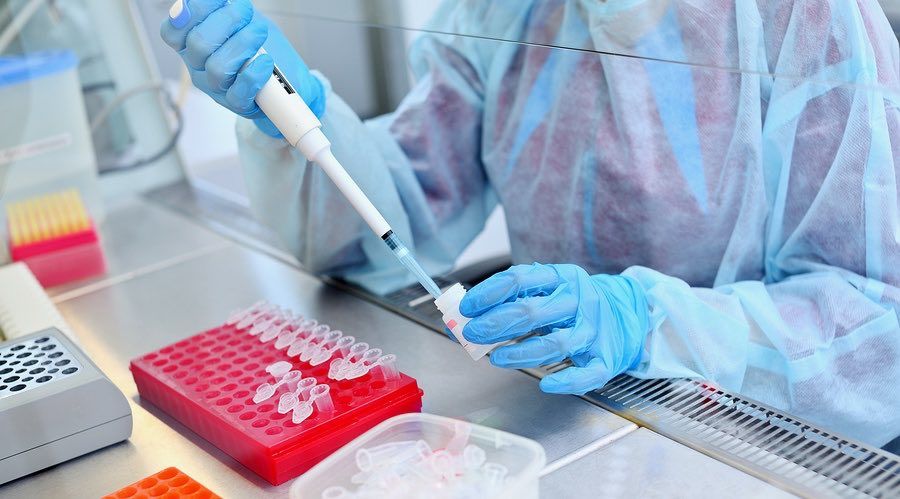3 Facts To Know Before Mailing in a DNA Kit

Technology continuously changes the limits of what humans can do. With DNA testing, you can now learn more about your genealogy and may be able to determine disease susceptibility. However, there are certain limits to these tests you should know about.
Learning more about yourself from the comfort of your own home in a fast and easy manner is alluring, but it also comes with many risks. So before you mail in a DNA kit to learn more about your ancestry or disease propensity, make sure you understand three important facts.
1. DNA Kits May Provide Inaccurate Results
DNA tests are not 100% accurate. That is the simple and plain truth that many people do not understand at first. Yes, these tests can show certain geographical markers in a person’s DNA. However, that doesn’t mean the results will show your ancestry with complete accuracy and may only show partial or imprecise results.
These kits may also show certain markers for diseases, such as Alzheimer’s or dementia. However, the tests available on the market are not as scientifically advanced or medically accurate as they claim to be. Tests that claim the ability to medically determine diseases may be providing false and inaccurate information.
2. Personal Information May Be at Risk
A simple cheek swab or prick on the finger can tell you so much about yourself, but it can also tell others a great deal about you, too. It’s tempting to send in such personal information about yourself like your DNA, but you should also be cognizant of the fact that your information and the results of the test may be sold to third parties. You may then be targeted by pharmaceutical companies based on your results.
There is also the chance that insurance companies may be a third party that receives your information, which means you may also receive a change in coverage based on the findings of the DNA test. This discrimination could lead to improper or inadequate healthcare and put your health at risk, even if the results by the DNA testing company are false or inaccurate.
3. Results May Offer Misdiagnoses
Some DNA tests claim to be able to identify illnesses based on the sample. The truth is that these genetic tests can actually only identify 10 diseases as approved by the FDA. Results can lead to people being misdiagnosed due to false positives, false negatives or lack of accurate information. Therefore, people may make decisions that are not based on sufficient or accurate information.
Rather than providing a diagnosis, these tests can determine the likelihood that someone may carry a certain disease or may be likely to have that disease. It is not, however, a medical diagnosis and should not be treated as such.
DNA Testing and Your Healthcare
Sending in a DNA kit to learn about where you come from and what possible diseases may afflict you is appealing for many people. Make sure to subscribe to our blog for even more news and updates on things related to healthcare and insurance.







